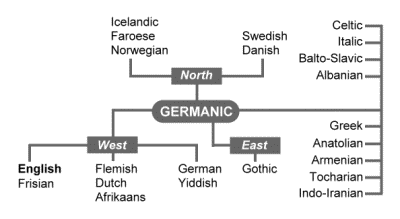I'm new to the forum but I've been a long time Stargate fan =)
I just wanted to point out that in SG1: The Fifth Race O'Neill is speaking ancient and said "I need a new location" for "New" he used Nova. In latin its Novus, which is also used in SGU now. So, either the writers have disregarded this episode or we are supposed to expect the ancients to have two words for new.
I just wanted to point out that in SG1: The Fifth Race O'Neill is speaking ancient and said "I need a new location" for "New" he used Nova. In latin its Novus, which is also used in SGU now. So, either the writers have disregarded this episode or we are supposed to expect the ancients to have two words for new.







Comment